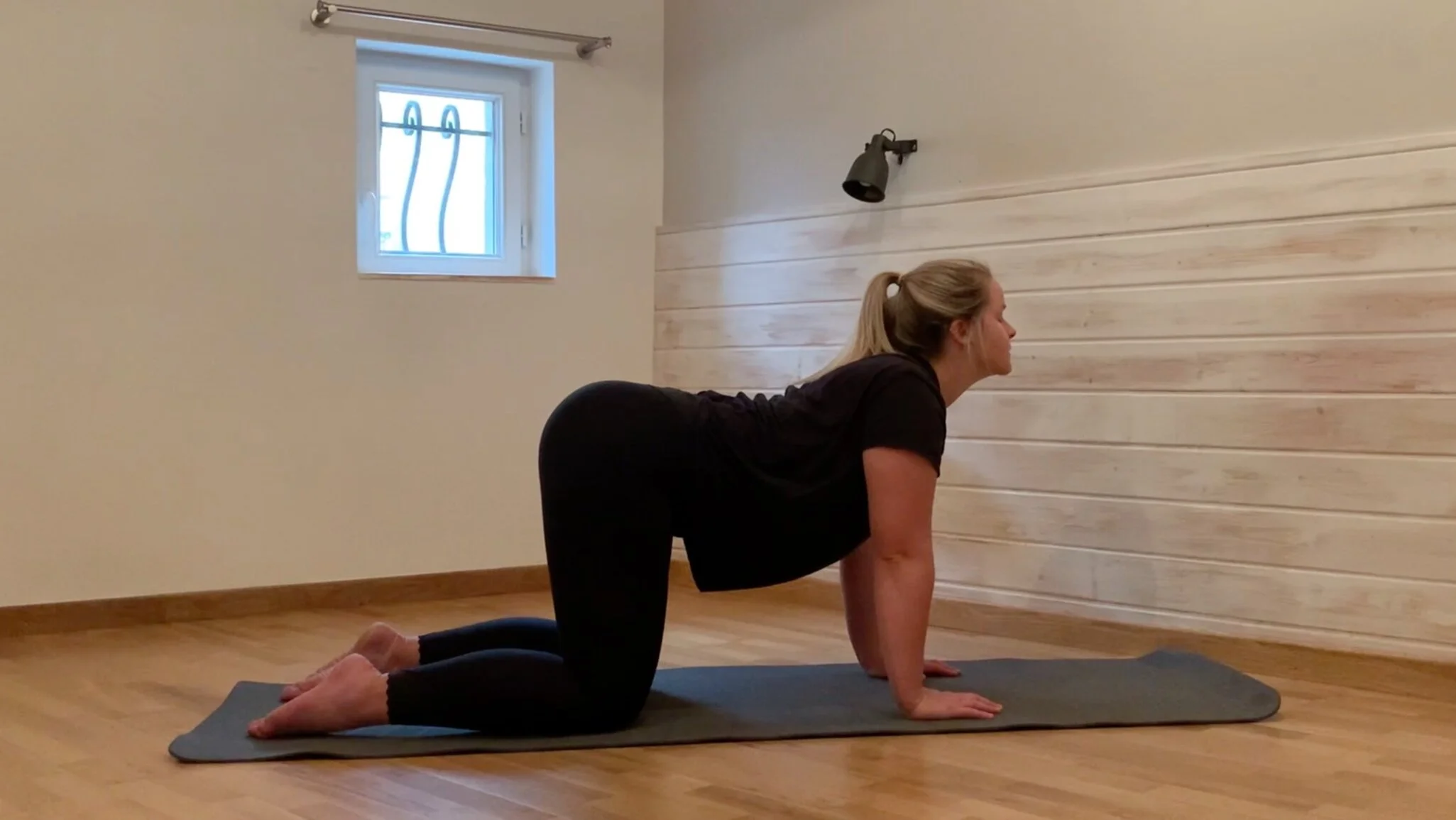Neck and Back Pain in New Parents
Feeding and carrying a precious newborn (who is deceptively heavy) can create some serious aches and pains in the neck, shoulders and upper back
Stiffness and tension reported by new parents occurs from the constant muscle activation while caring for a newborn. Management of the ‘newborn mum/dad ache’ includes mobility exercises and tips to reduce prolonged postures that are irritating to the neck, shoulders and back.
Pain provoking postures can include:
‘Try not to move’ prolonged posture to keep a sleeping baby asleep
Hunched over postures required for soothing and holding your new baby
Use a comfortable, supportive feeding chair
Regardless of feeding method (it is awkward with a bottle or breast), use pillows or towels under baby to have a supported back and relaxed arms during feeding‘Loving Gaze’ as you stare at your beautiful creation during feeding and soothing
Don’t worry, you can gaze as much as you want - but have regular movement breaks of the neck
A good reminder for movement is the first sign of tension, if you feel an increase in tension:
Shoulder rolls forward/backward
Chin tucks
Start by creating a ‘double chin’ and elongating the back of the neck, return to the start positionChest stretch on wall
Facing the wall with your arm out (palm to wall), slowly twist the body away from the wall until you feel a stretch across your chestTwo-part neck stretch
Part one: Take your ear to shoulder and use the hand over the head to increase the stretch, hold;
Part two: Rotate the head down to bring eye gaze to armpit, use hand for increased stretchCat cow
Kneeling on all-4’s, allow the body to sink (bringing belly button towards floor) with head in neutral, then round up through the back tucking tailbone underneath and bring head to look towards knee capsChilds pose
From kneeling on all-4’s, take the knees slightly wider, bring the hips back towards to the heels and reach the arms long
